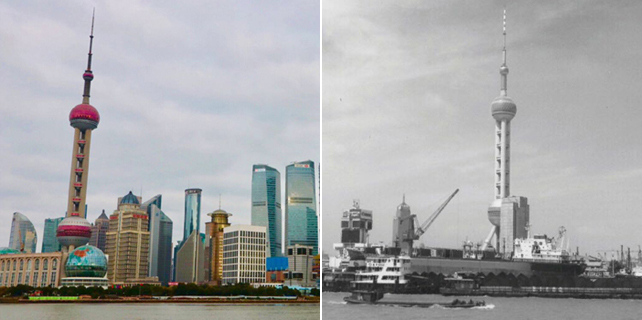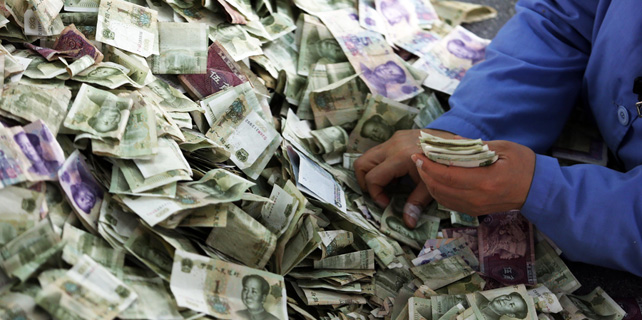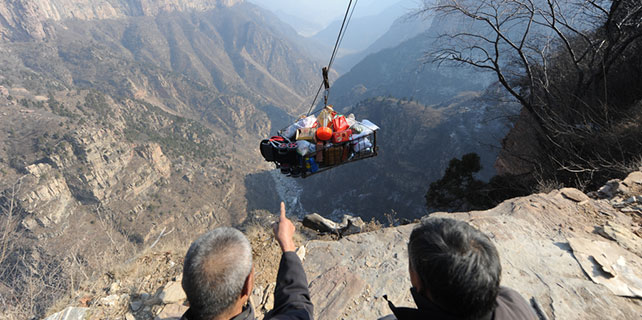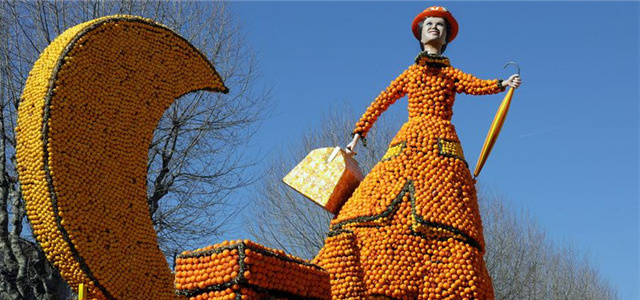Launch of SpaceX Falcon rocket aborted seconds before liftoff
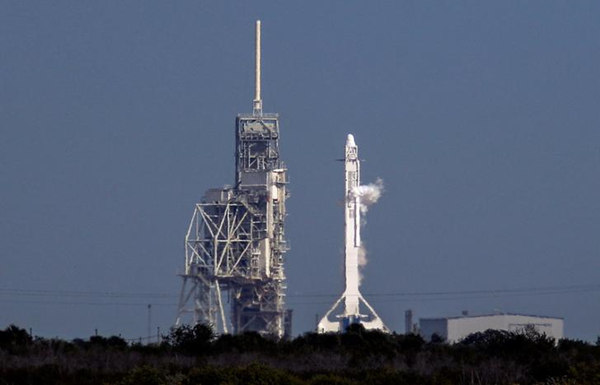 |
|
A SpaceX Falcon 9 rocket sits on the launch pad after being scrubbed due to a technical problem while due for a supply mission to the International Space Station from historic launch pad 39A at the Kennedy Space Center at Cape Canaveral, Florida, US, February 18, 2017. [Photo/Agencies] |
SpaceX called off the planned launch of a Falcon 9 rocket from a historic launchpad in Florida seconds before liftoff on Saturday to investigate a potential problem with the steering system in the upper stage of the booster.
The flight, the first for the company from a launchpad at the Kennedy Space Center once used for NASA's space shuttle program, was rescheduled for 9:38 am local time (1438 GMT) on Sunday. The rocket will carry a cargo ship bound for the International Space Station.
The problem concerned an issue with the steering system of the rocket's upper stage, SpaceX said.
"Standing down to investigate," Elon Musk, founder and chief executive of Space Exploration Technologies Corp, wrote on Twitter.
SpaceX has not flown from Florida in six months. Flights were suspended after a rocket exploded while being fueled ahead of a routine, pre-launch test at Cape Canaveral Air Force Station, located just south of Kennedy Space Center.
The accident destroyed the rocket and its cargo and heavily damaged the launchpad, which is being repaired.
SpaceX resumed flying last month from a second launch site in California while it hustled to finish work on the shuttle's old launchpad.
Originally built for the 1960s-era Apollo moon program, the Florida launchpad was refurbished for the space shuttles, which flew from 1981 to 2011. SpaceX signed a 20-year lease for the launchpad in 2014.
"My heart is pounding to come out here today. Not because you guys make me nervous but because I've got a vehicle on this extraordinary pad behind me," SpaceX President Gwynne Shotwell told reporters at the launchpad on Friday.
Perched on top of the rocket is a Dragon capsule loaded with about 5,500 pounds (2,500 kg) of supplies and science experiments for the space station, a $100 billion research laboratory that flies about 250 miles (400 km) above Earth.
NASA hired SpaceX and Orbital ATK to resupply the station after it retired the shuttles. The US space agency last year added a third company, privately-owned Sierra Nevada Corp, for making cargo runs to the station beginning in 2019.
By then, SpaceX aims to be launching NASA astronauts, breaking Russia's monopoly on flying crew to the space station.








